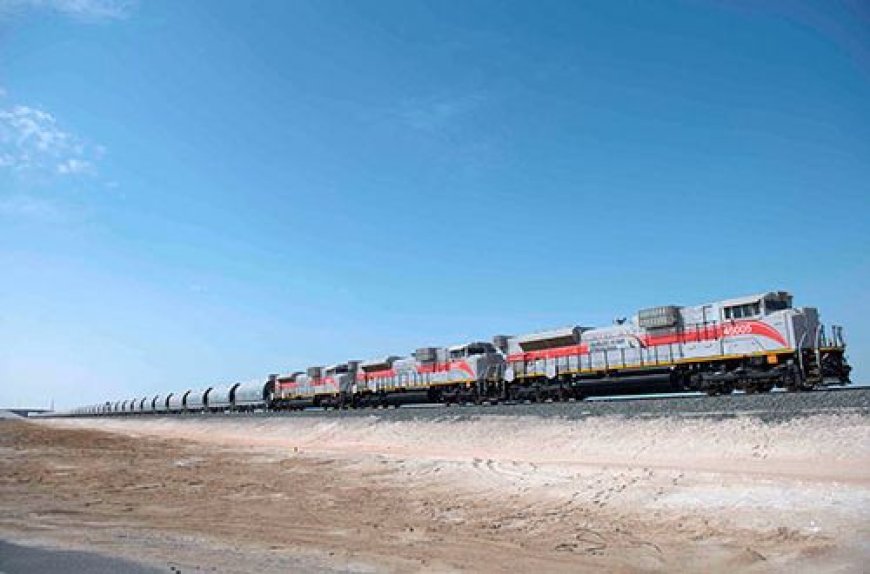Iran and Russia Finalize Rail Corridor Deal Linking Persian Gulf to Europe
Iran and Russia have finalized a landmark agreement to complete the North-South Transport Corridor (NSTC), a multi-modal trade route that aims to link the Persian Gulf to Northern Europe via Iran, the Caspian Sea, and Russia, officials from both governments confirmed on Tuesday.

Iran and Russia have finalized a landmark agreement to complete the North-South Transport Corridor (NSTC), a multi-modal trade route that aims to link the Persian Gulf to Northern Europe via Iran, the Caspian Sea, and Russia, officials from both governments confirmed on Tuesday.
Iranian President Ebrahim Raisi and Russian President Vladimir Putin hailed the deal as a “strategic milestone” during a virtual summit broadcast live on state television. The final phase of the corridor, a 164-kilometer railway stretch between Rasht and Astara, is expected to be completed by mid-2026.
"This corridor will redefine Eurasian trade by offering a faster, cheaper alternative to the Suez Canal," said Iranian Transport Minister Mehrdad Bazrpash. The route is expected to reduce transit time between Mumbai and St. Petersburg by up to 40%, transforming Iran into a central logistics hub.
The deal comes amid deepening ties between Tehran and Moscow, both of which are under Western sanctions and increasingly leaning toward the Global East. Iran has already seen a spike in Russian goods transiting through its ports, while Russia continues to source Iranian drones and military components amid its ongoing conflict in Ukraine.
The European Union voiced concern about the dual-use potential of the corridor. In a statement, the EU Commission noted that while the route may promote trade, "we must closely monitor the security and sanction compliance risks associated with such infrastructure projects."
Analysts say the agreement symbolizes Iran’s return to regional relevance. “This deal places Iran firmly within the emerging multipolar framework,” said Dr. Kamran Matin, a Middle East expert at the University of Sussex. “It’s more than a railway; it’s a geopolitical artery that could shift trade patterns for decades.”
Construction is expected to be financed jointly by Russian investment and Iranian infrastructure banks, with possible participation from Indian shipping firms and Central Asian transit authorities.
As global trade realigns in the wake of U.S.-China competition and the war in Ukraine, Iran is increasingly central to the corridors literal and diplomatic that connect East and West.
What's Your Reaction?
 Like
0
Like
0
 Dislike
0
Dislike
0
 Love
0
Love
0
 Funny
0
Funny
0













